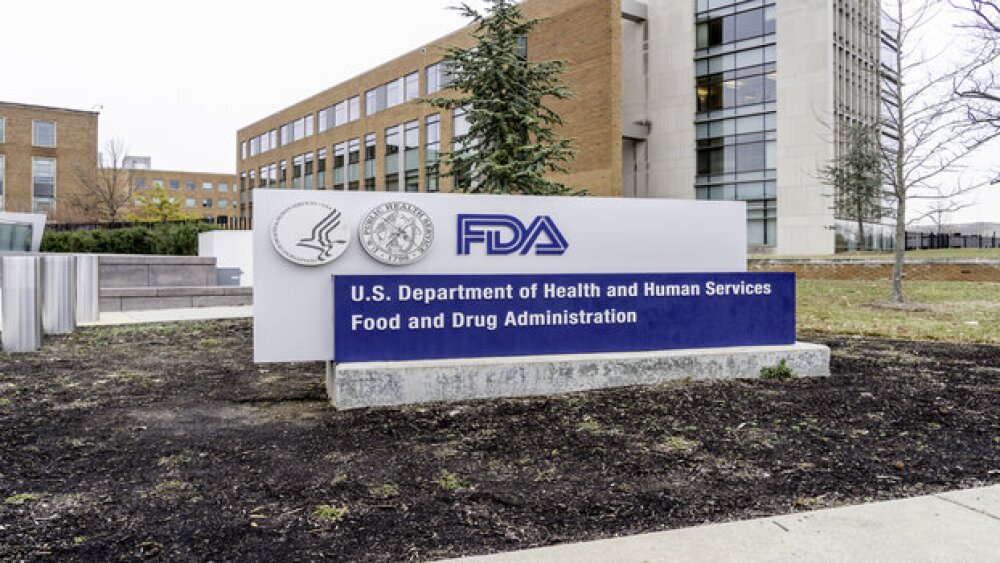During a Wednesday webinar, FDA Commissioner Robert Califf said the agency is working on “systemic” changes to its advisory committee process.
Pictured: FDA sign at agency’s headquarters/iStock, JHVEPhoto
FDA Commissioner Robert Califf on Wednesday said the regulator is looking to make improvements to the agency’s advisory committee system made up of nearly 50 panels of external experts.
Speaking on a webinar hosted by the Alliance for a Stronger FDA, Califf said that improving its advisory committees is a “special project” for the regulator’s Chief Scientist Namandjé Bumpus, whose office is working on “systemic” changes to improve the adcomm process.
While Califf provided few details on how Bumpus proposes to optimize the adcomm process, he indicated that the team is finalizing these reforms given the important role these panels of outside experts play in the drug review process.
“We’ve done a lot of work on the advisory committees behind the scenes and work with the centers who each have had their own systems for advisory committees. And I think if you look right now, you’ll see the advisory committees are working better, that is, we’re getting better experts,” Califf said. “This is complicated because of conflict of interest and navigating, getting the right people who actually know the field and can help the FDA with good advice.”
Though Califf said that a vote does not need to be held in most adcomm meetings, there are some places where it is “crucial and helpful.” The FDA chief maintains that the agency is “very dependent on external input” and is critical to the regulator’s reviews.
In an August 2023 Alliance for a Stronger FDA webinar, Bumpus said she wants to streamline the adcomm process to ensure the agency continues to get the expertise it needs from its panels as works to identify the right experts and the most effective way to engage them.
When it comes to the FDA’s fiscal year 2024 budget, Califf on Wednesday said the federal government is on a continuing resolution through March 1 and while the budgetary uncertainty can be “excruciating” the agency’s staff has been through the funding process in previous years.
“The way it looks like things are shaking out let’s assume that Congress comes to its senses and passes a budget. Suppose the budget is flat, given our inflationary pay increases that have already been approved. In that case, that means we’re going to have to look for offsetting reductions in activities that we do because we have a limited number of people and an overwhelming amount of work,” Califf said.
The implementation and integration of artificial intelligence into clinical practice could have a potential impact on the FDA’s staffing, according to Califf.
“We’d have to hire three or four times as many people to take on what’s coming on, especially given the fact that for predictive AI, that is—you know—giving you information about what’s likely to happen the way algorithms work as you put them in place,” Califf said. “Then they continue to accrue data and experience and they change over time, which means you’re not just approving something like a drug that’s going to be the same drug 10 years later.”
Tyler Patchen is a staff writer at BioSpace. You can reach him at tyler.patchen@biospace.com. Follow him on LinkedIn.






